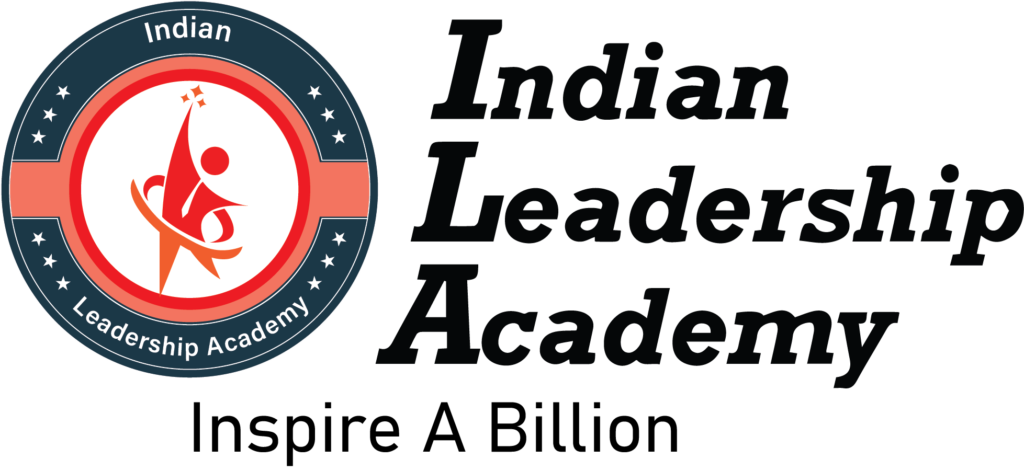Introduction
A new generation of employees, Gen Z, is shaping India’s workforce landscape. Gen Z is inclined towards an intellectually challenging workforce and environment, prioritizes healthy work-life balance, and looks for flexibility at work. In today’s fast-paced and ever-changing business landscape, it becomes important to have an effective leadership role to understand the cultural shifts that every industry is witnessing today.
Leaders not only set the direction and tone for their teams but also drive innovation, boost employee morale, and ultimately impact the bottom line. However, great leaders are not born; they are developed through a deliberate and continuous process known as leadership development. In this blog, we will explore the significance of the development of leadership skills and why investing in them is essential for the growth and success of any organization.
The Benefits of Leadership Development
Enhanced Productivity
A development plan for leadership and training programs empowers leaders with the skills and knowledge necessary to inspire and motivate their teams. When leaders are well equipped, they can guide their teams effectively, resulting in increased productivity. A productive workforce is more likely to meet deadlines, exceed targets, and contribute positively to the organization’s bottom line.
Improved Employee Engagement
A well-structured leadership development plan creates leaders who are committed to employee growth and well-being. This commitment fosters a sense of loyalty and engagement among team members. Engaged employees are more likely to stay with the company, go the extra mile, and contribute ideas that drive innovation.
The leadership development plan by the Indian Leadership Academy is based on the Rainbow Model, which focuses on reason, assessment, identity, nurture, branding, opportunities, and wisdom.
Effective Decision-Making
Leadership training equips individuals with the ability to make informed and timely decisions. A well-trained leader can assess situations, gather relevant data, and make strategic choices that benefit the organization. Effective decision-making at all levels of leadership leads to smoother operations and minimizes risks.
Innovation and Adaptability
Organizations that are investing in the development of leadership plans are creating leaders who are in a better position to understand the changing workplace culture. As younger generations enter the workforce, leaders are trained to think creatively and embrace change. This fosters adaptability and improves the retention rate within the company.
Conflict Resolution
Conflict is a natural part of any workplace. However, how conflicts are managed can make a significant difference in organizational harmony. The leadership development plan of the Indian Leadership Academy also includes conflict resolution training, which equips leaders with the skills to address and resolve conflicts constructively, minimizing disruption and maintaining a positive work environment.
Effective Communication
Clear and effective communication is one of the most important development leadership skills. Transparent communication is essential in any organization. Improved communication leads to fewer misunderstandings, better teamwork, and enhanced relationships among employees.
Our development leadership training emphasizes the importance of communication skills, including active listening, giving feedback, and conveying information effectively.
Talent Retention
One of the most significant challenges organizations face is retaining top talent. As per a survey by LinkedIn, in India, 88 percent of Gen Z professionals are considering a job switch in 2023. Gen Z today looks for challenging workplaces that improve their skills, so by investing in development leadership skills programs, organization send signals that they are nurturing their talent.
Succession Planning
Leadership development is instrumental in succession planning. By identifying and nurturing future leaders from within the organization, companies can ensure a smooth transition when current leaders retire or move on. This continuity is crucial for maintaining stability and preserving institutional knowledge.
Crisis Management
A leadership role is of the utmost importance during times of crisis. Leadership development programs prepare leaders to remain calm, make strategic decisions, and guide their teams through challenging situations. By investing in the development leadership skills, organizations create leaders that can help them weather the storm and emerge stronger.
Ethical Leadership
Ethical leadership is crucial for maintaining an organization’s integrity and trustworthiness. Our development leadership programs often include modules on ethical decision-making and responsible leadership, helping leaders make choices that align with the company’s values and ethical standards.
Measurable ROI
Investing in leadership development is an investment in the future of the organization. While it may require an initial financial outlay, the return on investment (ROI) can be substantial. Improved leadership can lead to increased revenue, cost savings, and a more engaged workforce, all of which contribute to a healthy bottom line.
Conclusion
Organizations that invest in leadership development and training gain a competitive edge, foster a culture of innovation, and ultimately achieve sustainable growth. The benefits of investing in leadership development and training are manifold. From improved productivity and employee engagement to enhanced decision-making and crisis management, the advantages are clear. Organizations that prioritize leadership development position themselves for long-term success, growth, and a competitive edge in today’s dynamic business landscape.

